Chip Walter recommends 6 great science books
The veteran science journalist recommends works by Carl Sagan, Loren Eiseley, and more
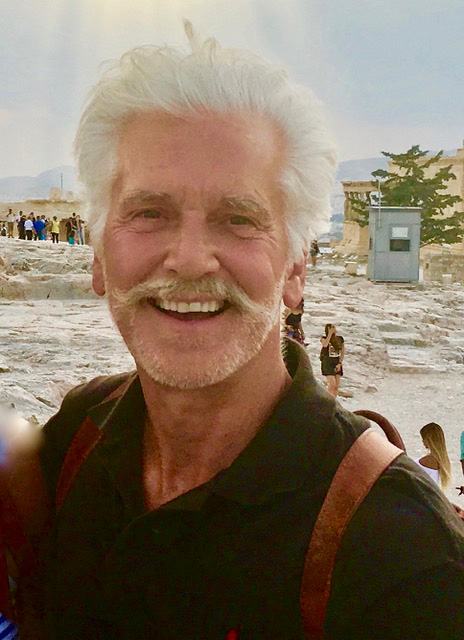
A free daily email with the biggest news stories of the day – and the best features from TheWeek.com
You are now subscribed
Your newsletter sign-up was successful
Chip Walter, a former CNN bureau chief, is a veteran science journalist and TV documentary producer. Immortality, Inc., his fifth book, visits with the scientists and Silicon Valley entrepreneurs who are working to dramatically increase human longevity.
The Dragons of Eden by Carl Sagan (1977).
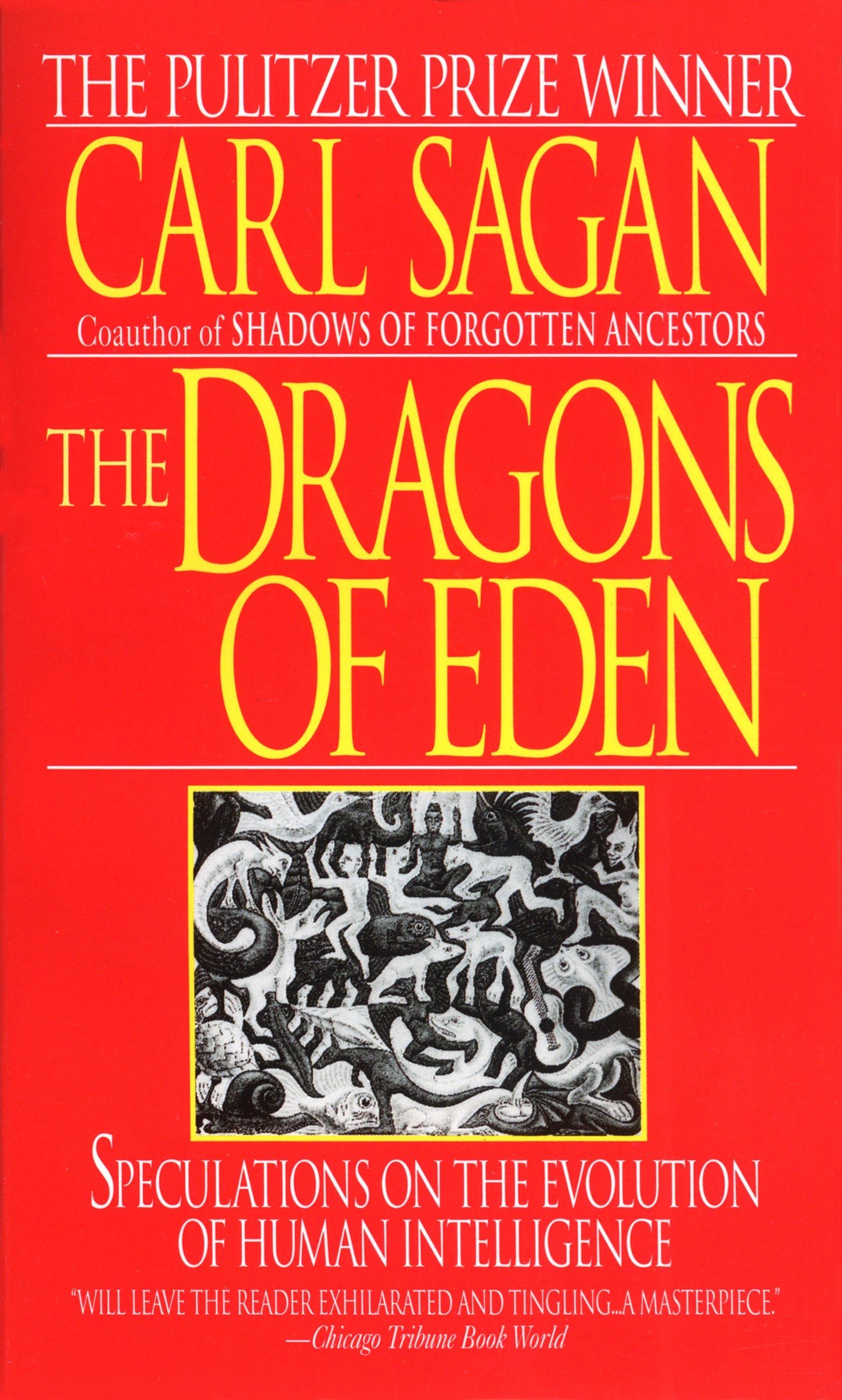
Sagan won a Pulitzer Prize for this book about the evolution of human intelligence. He is the master of the "aha" moment, and his profound and refreshing explorations of the brain, sleep, genetics, and concepts like his "Cosmic Calendar" plowed the road for a generation of science writers. A must-read.
The Week
Escape your echo chamber. Get the facts behind the news, plus analysis from multiple perspectives.

Sign up for The Week's Free Newsletters
From our morning news briefing to a weekly Good News Newsletter, get the best of The Week delivered directly to your inbox.
From our morning news briefing to a weekly Good News Newsletter, get the best of The Week delivered directly to your inbox.
The Blind Watchmaker by Richard Dawkins (1986).
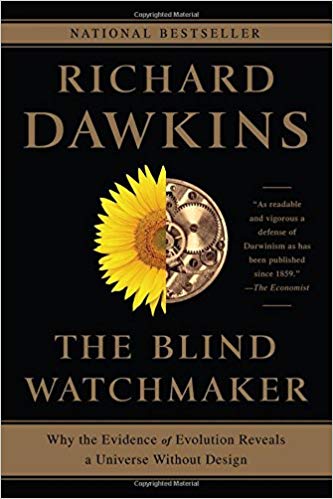
This book reveals the power behind the DNA that long ago came into existence and makes all life, including us, possible. Dawkins encapsulates the complex forces that have shaped our evolution with such lucidity of mind and phrase that you never feel overwhelmed.
The Man Who Mistook His Wife for a Hat by Oliver Sacks (1985).
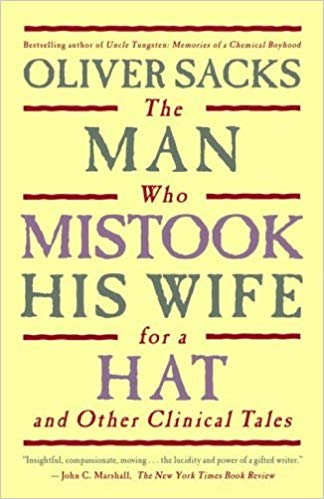
Reading a book by Sacks is like reading a fine murder mystery, except his uncommonly engaging stories unmask the riddles of the human mind. He recounts the journeys of his patients with such warmth and insight that you fall in love with every one of them.
A free daily email with the biggest news stories of the day – and the best features from TheWeek.com
The Medusa and the Snail by Lewis Thomas (1979).
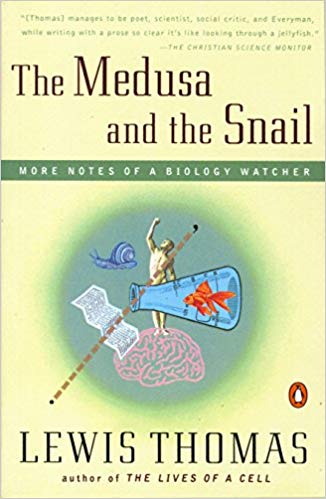
This essay collection won Thomas his second National Book Award and deservedly so. No one can tell you more about human behavior by way of cells and ants, mitochondria and symbiosis. The wit and beauty of his passages somehow manage to be simultaneously light, profound, engaging, and startling.
The Unexpected Universe by Loren Eiseley (1969).
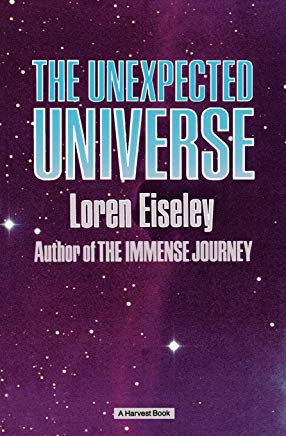
Ray Bradbury described Eiseley as "every writer's writer and every human's human." This slim volume threads the origins of our humanity into essays that are almost mythic in their power. They smolder and then ignite your mind, often forcing you to put down what you're reading, floored.
Microcosmos by Lynn Margulis and Dorion Sagan (1986).
Microcosmos tells the little-known story of the first 2.5 billion years of life on Earth, when only single-celled organisms inhabited the planet. It was during that long epoch that nature did all the hard work that led to us. In the end, we see that every living thing on the planet is one great and vibrant organism, drawn together more in cooperation than competition.
This article was first published in the latest issue of The Week magazine. If you want to read more like it, try the magazine for a month here.
-
 The ‘ravenous’ demand for Cornish minerals
The ‘ravenous’ demand for Cornish mineralsUnder the Radar Growing need for critical minerals to power tech has intensified ‘appetite’ for lithium, which could be a ‘huge boon’ for local economy
-
 Why are election experts taking Trump’s midterm threats seriously?
Why are election experts taking Trump’s midterm threats seriously?IN THE SPOTLIGHT As the president muses about polling place deployments and a centralized electoral system aimed at one-party control, lawmakers are taking this administration at its word
-
 ‘Restaurateurs have become millionaires’
‘Restaurateurs have become millionaires’Instant Opinion Opinion, comment and editorials of the day